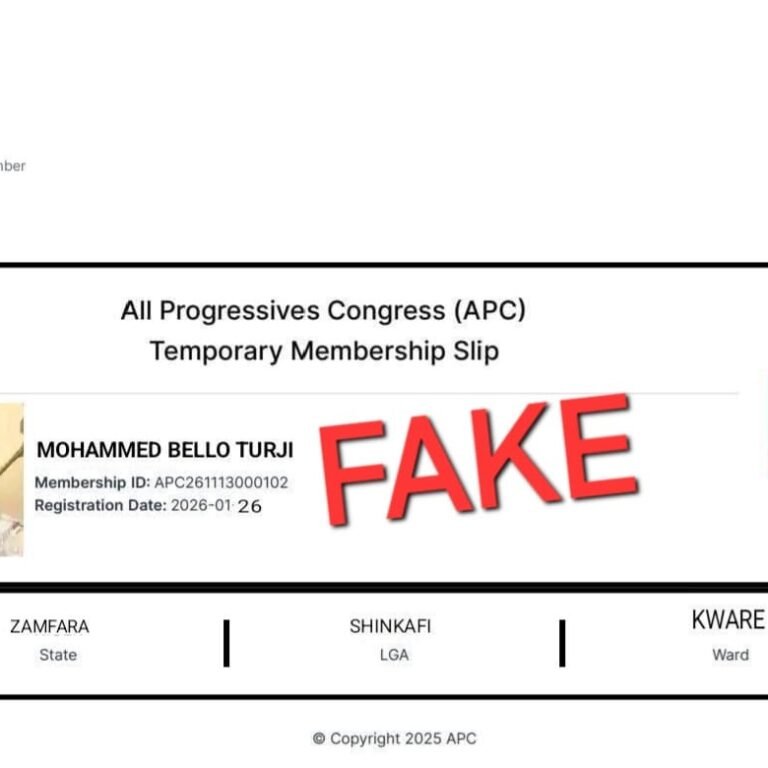
By Ameh Gabriel
The Independent National Electoral Commission (INEC) has published the final list of candidates for the upcoming Anambra State Governorship Election, slated for Saturday, November 8, 2025. The release officially signals the commencement of campaign season in accordance with Nigeria’s electoral calendar.
A total of 16 political parties will be contesting the governorship seat, with candidates aged between 36 and 71 years. While the list shows incremental progress in women’s political participation, it also highlights a glaring gap in inclusive representation: the complete absence of persons with disabilities (PWDs) among the candidates.
Two parties the African Action Congress (AAC) and the National Rescue Movement (NRM) have nominated women as governorship candidates. In addition, six parties, including the All Progressives Congress (APC), Labour Party (LP), and Accord (A), have named female running mates. These developments mark modest but meaningful strides for women in a field still heavily dominated by men.
However, no political party fielded a candidate with a disability either for governor or deputy underscoring the ongoing structural and social barriers faced by Nigerians with disabilities in accessing high-level political office. This exclusion continues to raise concerns among disability rights advocates, who have long called for meaningful representation and systemic inclusion.

The full list of candidates and their running mates includes:
Accord (A): Onyeeze Chidi Charles & Ezeadili Appolonia O.
African Alliance (AA): Nweke Ezechukwu Japhet & Obi Elvis Anayochukwu
African Action Congress (AAC): Ifemeludike Chioma Grace & Mgbemena Kingsley Ikechukwu
African Democratic Congress (ADC): Nwosu Chima John & Nwobu Geoffrey Ndubuisi
All Progressives Congress (APC): Ukachukwu Nicholas & Ekwunife Uche Lilian
All Progressives Grand Alliance (APGA): Soludo Charles Chukwuma & Ibezim Onyekachukwu Gilbert
Allied Peoples Movement (APM): Otti Cyprian Echezona & Ezeigwe Chuka Samuel
Action Peoples Party (APP): Nweke Christopher Chukwudubem & Okeke Blessing Ebele
Boot Party (BP): Okeke Chika Jerry & Ugboma Happiness
Labour Party (LP): Moghalu George Nnadubem & Okaro Ifeoma Veronica
New Nigeria Peoples Party (NNPP): Onyejegbu Geoffrey & Arinze Chukwuka Victor
National Rescue Movement (NRM): Ndidi Christy Olieh & Egbe Ekene Reginald
Peoples Democratic Party (PDP): Ezenwafor Jude & Okeke Francis Chukwudi
Social Democratic Party (SDP): Chukwurah Vincent & Odira Atueyi Vanatius
Young Progressives Party (YPP): Chukwuma Paul Chukwuka & Okagbue Uzoegbuna Izuchukwu
Zenith Labour Party (ZLP): Ugwoji Uchenna Martin & Obi Chibuzo Faith
According to a statement signed by INEC National Commissioner and Chairman of the Information and Voter Education Committee, Sam Olumekun, the window for withdrawal or substitution of candidates officially closed on Monday, June 2, 2025, in line with Section 33 of the Electoral Act 2022. Only in the event of death will any substitutions be permitted, as outlined in Section 34(1) of the Act.
The final list includes details such as the candidates’ names, ages, gender, qualifications, and party affiliations, and is available on INEC’s official website and social media platforms.
Campaign activities are set to begin on Wednesday, June 11, 2025, and will run through midnight on Thursday, November 6, 2025, in accordance with Section 94(1) of the Electoral Act. INEC has called on all political parties and candidates to ensure their campaigns are conducted peacefully, free from hate speech, violence, and destruction of opponents’ campaign materials, as stipulated in Sections 92 and 93 of the Act.
INEC also reminded all stakeholders of the legal mandate ensuring equal access to public facilities and warned against the misuse of incumbency to favor any political group, referencing Section 95(2) of the Electoral Act.
While the increased visibility of women on the ballot signals progress, the continued exclusion of PWDs in the Anambra race is a sobering reminder of the distance yet to be covered in achieving full democratic inclusion. Civil society groups and disability advocates have renewed their calls for political parties to move beyond tokenism and embrace the principle of representation that includes all segments of society.
As Anambra heads into a critical election, stakeholders say the moment offers a vital opportunity to reflect on and act upon the deeper values of inclusive governance and participatory democracy.








